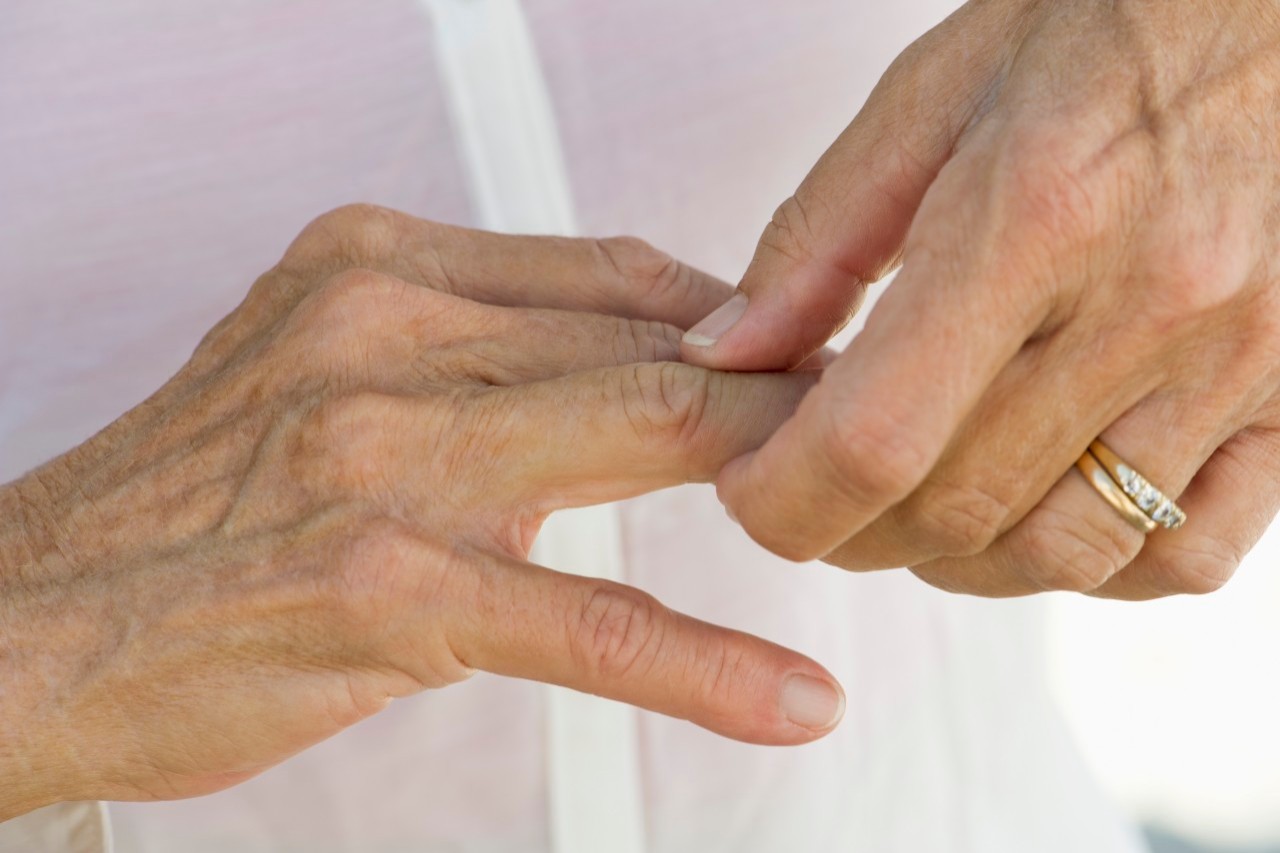January 20, 2016
The Real Scoop on Red Wine

A flurry of news came out in the mid-2000s when the compound resveratrol in red wine was shown to have cardio-protective health benefits. This was redemption for all red wine lovers and foodies and appeared to validate the findings of the French paradox. The French were known to have high-fat and high-cholesterol diets with habits of smoking and drinking but lived longer, healthier, and happier lives than Americans.
Was it the red wine or was it something else causing the French paradox? Resveratrol is a naturally occurring phenol produced by plants in their skin. The Japanese discovered it in the 1930s and further research elaborated in the ‘70s to prove its antioxidant benefits. It can be found in many plant sources, including red grapes, blueberries, and mulberries. The compound was shown to have substantial health benefits, including reducing your blood pressure, increasing your HDLs (good cholesterol), reducing your LDLs (bad cholesterol), and reducing cardiovascular risk. Its discovery and link to red wine was followed by over 7,000 research publications internationally that looked at red wine down to the molecular level and discovered the possible molecular mechanism of the compound resveratrol. Its effects are linked to the reduction of inflammation and blood clotting and prevention of damage to the blood vessels. As a result it’s been shown to have benefits in cardiovascular disease, diabetes, and even some forms of cancers. Like most plant-derived compounds, the effects are most evident on health at higher doses. This then created a whole new avenue for resveratrol supplementation products.
In the mid-2000s, the media picked up on the benefits of red wine and multiple studies that have been conducted. But since then, the studies on resveratrol have been confusing. Some show an increased rate of cancer development like breast cancer in women, while others show a decreased rate of colon cancer and head and neck cancer development. A large study conducted on Italians called the InCHIANTI Study did not show a significant correlation with inflammatory markers, cardiovascular disease, or cancer. This confusing set of results calls for further evaluation. Also not clear is if it’s the red wine itself or the alcohol that shows the health benefits from wine. This is something your doctor would never tell you because of the known addictive effects of alcohol.
So does this mean you should be downing large quantities of red wine to protect your heart? No. The reality is wine and any form of alcohol in large quantities does hurt your health. But you can be rest assured knowing that you can have your glass of red wine and enjoy it with a relaxed nutritious dinner. The idea of kicking back and relaxing with a nice glass not only brings about mindfulness but puts your body into a relaxation mode where you can benefit greatly from the feel-good hormones like dopamine and other healing hormones being released while you reap the heart-healthy benefits of resveratrol.

